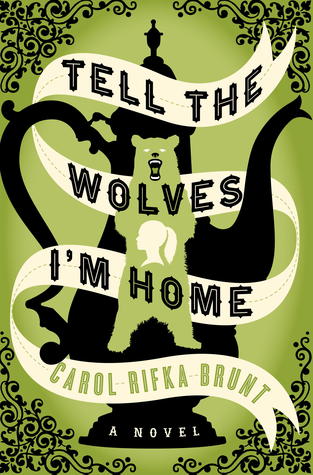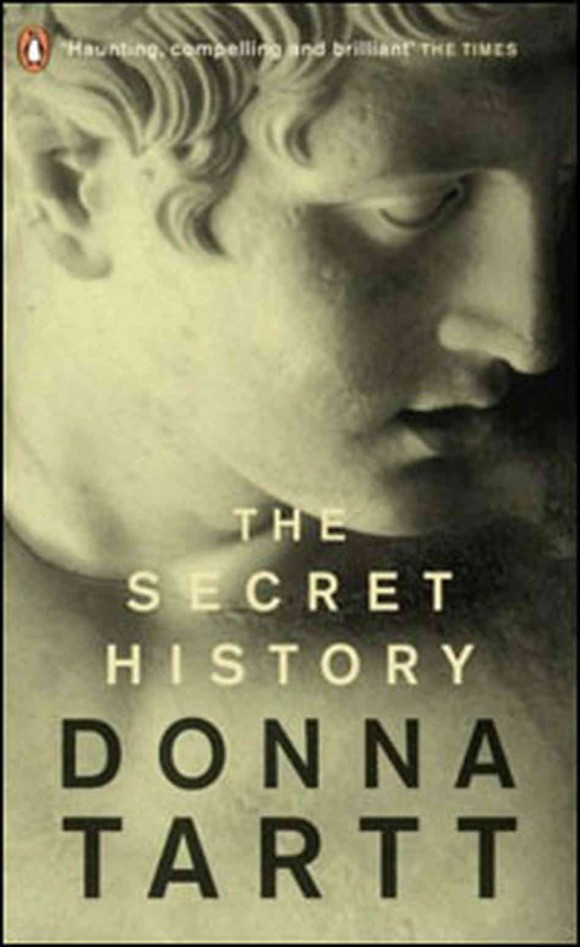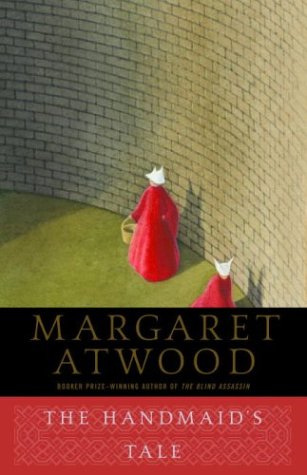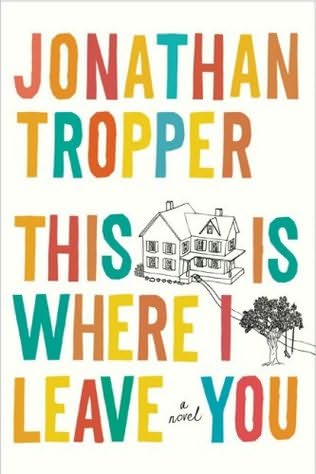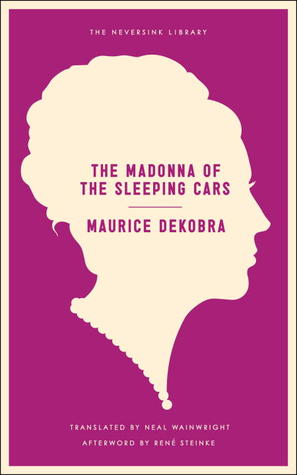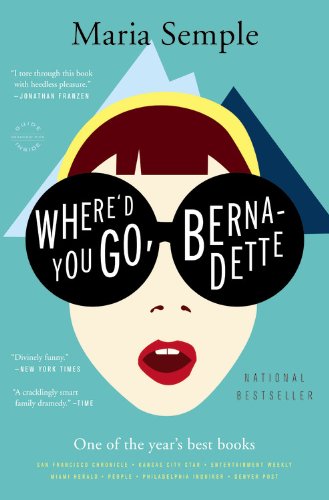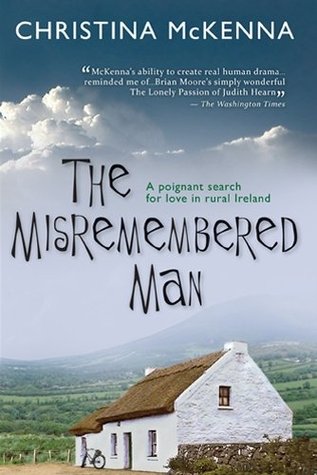My favorite books of 2013
Basically, all I read this year were any books about Russia in 1937, so my favorite books are anything other than those books.Ok, maybe I read some other stuff, so I didn’t go insane. Here they are:
Longbourn: Confession. I’ve never read Pride and Prejudice, but I’ve watched the 1979 BBC version of it, which tells me everything I need to know. Longbourne is the Bennett family story, from the servants’ point of view, and it is amazingly well-researched without being dry. The quote that lured me into it was this one:
If Elizabeth Bennet had the washing of her own petticoats, Sarah often thought, she’d most likely be a sight more careful with them.
__and I really loved the thick, juicy historical richness of the book . The plot was just so-so, but the meticulous research was what kept me going. There is, of course, a love story, and a secret mystery scandal, which will be just enough to keep pages turning. This is a good one to read when it’s cold or raining or snowing and you need a comfort book. What a treasure.Kudos to Jo Baker.
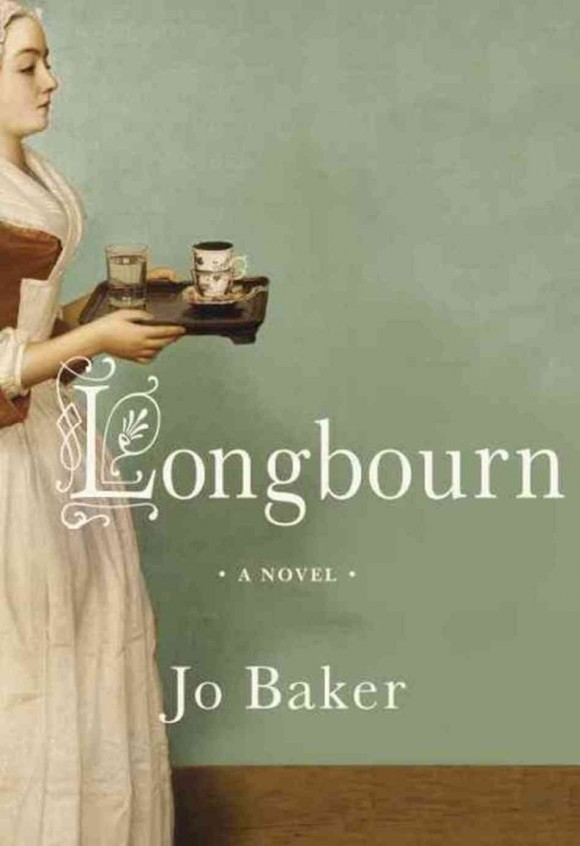
Tell the Wolves I’m Home I’ve been resisting reading this one for a while because for some reason I thought it was about the Holocaust. Was it the bears on the cover? Was it the fact that the author’s middle name was Rifka? Not sure. In any case, initially I didn’t want to read it at all.But I kept being drawn in by the cover art and the fact that it kept making its way to best lists.
I’m so glad I read this book. Is it sad? Yes, but not in a way that will make you cry, which is why I loved reading it. It’s sad because you come face-to-face with the realization that everyone has to grow up when you read it. It’s a quiet kind of sadness, an introspection.
The book is about June, a girl growing up in the late 1980s, when the world first learns about AIDS. Her uncle Finn, a renowned and talented painter in New York, dies from the disease within the first several chapters, and June spends the rest of the book trying to figure out why he dies. Finn was the only person who truly understood her strangeness, and he was her shelter from the storm that is adolescence, so when he died, her comfort zone died with him.
June spends the rest of the novel learning to forgive his partner, Toby, who becomes her friend, and generally growing up and learning to be a sister to Greta, her older sister, and a daughter to her mother, Finn’s sister. The whole thing is stark and beautiful and rings so true for anyone who’s ever been on the outside.
Donna Tartt is amazing, and this book is amazing. I stayed up two nights until one in the morning reading it. I have not stayed up reading for a long time. I also read it right around Halloween, and this is the perfect book to read right around that time.
It’s a mystery book, but not in the traditional way of mystery books. On the first page, you find out that one of the characters, Bunny, has been murdered, and you know who the murderers are. But the suspense is in the why. The narrator, an average middle-class kid from California, falls in with this group of murderers from the first couple weeks he starts college at an ultra-elite New England college. The first half of the book is about the secret Greek class they take with an elusive professor, about fitting into college life, about the relationship of each of the characters to the other.
The second half is about Bunny’s murder and how the group unravels into some ancient, deep madness. I haven’t done it justice with this description. I wouldn’t want to read it based on what I wrote about it, but just know that Donna Tartt is an expert. Trust yourself to her.
The Handmaid’s Tale Another novel I’ve read a lot about, but never picked up until now. It has fundamentally altered my cannon of books that I think tell the truth about humans and the human condition, about freedom and slavery. In that list is 1984, Brave New World, and David Copperfield. And maybe that’s it. And now there’s this. If you are a woman and have not yet read this book, I strongly encourage it. It is everything I’ve always thought about as a woman, but never realized I thought about.
I was expecting something very futuristic and far-removed from my experience in this, but it is frightening how easily Margaret Atwood reaches through the page and pulls out your guts, without lecturing or being trite and shrill. This was a very quick read, by the way.
This is Where I Leave You Another book I was drawn to because of the cover, and that I also didn’t want to read because I’d seen glimpses of reviews that described it as “heartbreaking” and “beautiful.” Listen, pal, there’s nothing more heartbreaking than Stalinism, and there’s nothing more beautiful than a heartbreaking novel about Stalinism written by me. I was wrong, again. This novel is about a shiva, but it’s hilarious.
It’s about a schmuck named Judd who goes to his dad’s shiva and meets up with the rest of his family, his beautiful, grieving mother who’s had years of plastic surgery, his neurotic and brash sister, his resentful brother and his brother’s wife, who just wants to have sex with Judd again. And they’re all together in a house for a week, driving each other crazy. Really great and light book that hits all the right comedic timing notes. Like a white wine.
Mr. Penumbra’s 24-Hour Bookstore This book is basically what I do at work every day, so it was pretty hilarious to read Robin Sloan’s take on all the new technologies emerging around data, and the hype of Silicon Valley . The story is a quickly-drawn, comic-book paced account of a loser who gets fired as a web developer (yes) and starts working at a used bookstore. He notices customers only come at night, and only request specific books. No money is exchanged. The caper starts from there.
The action is quick and light, and, while the first couple pages namedrop Twitter, it quickly evolves into a satirical snapshot of technology in 2012, and has a feel-good ending that has to do with typography (yes). Plus, the cover glows in the dark!
The Paris Review Interviews I’m going to sound like a jerk-snob for mentioning the Paris Review, but these things are amazing. They are a treasure to anyone who writes, and, actually, anyone who wants to understand the writing process. I don’t even know how to describe them. Yes, they’re just compendiums of interviews with the greatest authors of our time – V.S. Naipaul, Hemingway, Toni Morrison, etc. Anyone who’s ANYONE has been in one of these interviews. But they’re much more than interviews.
The interviewers are so good at interviewing that they also create an atmosphere about the writer -what he was drinking when they started the interview, if he answers the questions in a worried or happy tone, and, most importantly, they know how to ask the right questions to get the writer to really reveal how he works. We usually see writing as a done thing, static. This is like watching a composer create. They have been invaluable to me.
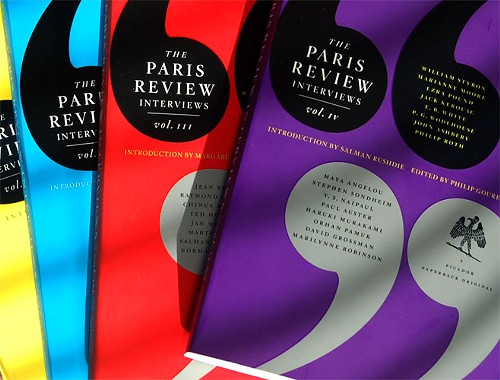
The Madonna of the Sleeping Cars Melville Press is one of my new favorite book-related things. They are a hipster publishing house in New York who publish quality modern works with beautiful covers, and do reprints and translations of books that have long gone out of print and out of style. These latter books are part of the “Neversink Library.” From the site:
“The Neversink Library champions books from around the world that have been overlooked, underappreciated, looked askance at, or foolishly ignored. They are issued in handsome, well-designed editions at reasonable prices in hopes of their passing from one reader to another—and further enriching our culture.”
This one is about Lady Diana Wynham, who is rich just after the Russian Revolution. But she is not rich enough, and she becomes immensely interested in the Russian oil fields in Azerbaijan. Hilarity ensues as she goes across Europe in her neverending quest to get more green. Her sidekick is the placid, debonaire Prince Gerard Seliman, who is pretty much a baller, and whose account we listen to. Also a good read. Reads like champagne. The Azeri parts read like vodka. What can I say? It’s Soviet.
Where’d You Go, Bernadette So good, so funny, and so true. There’s a reason everyone’s been talking about it all year. Our heroine is Bernadette, who reminds me of Maris from the sitcom Frasier, except that you see her everywhere. She uptight and crazy, married to a Microsoft executive who keeps trying to help her move to normalcy, but has white yuppie issues of his own. She hates Seattle and her neighbors, and loves her daughter Bee (Balakrishna). Then she vanishes. Where is she?
Hilarious. Great pace. Makes fun of yuppie Seattle culture while at the same time exploring the relationship between mothers and daughters, husbands and wives, what we’ve become as a society of Americans, dashed hopes and dreams, and how much digital crap we leave lying around after ourselves. Read this book.
The Misremembered Man Savored this book. I got it in an Amazon e-book sale for a dollar and I would have gladly paid up to $10 because the writing is so good. This is one of those things that you definitely shouldn’t judge by their cover, because if you do, you’ll think it’s a light-hearted romance. It definitely is not. It’s about two lonely people in Ireland, one stained by the country’s awful history- of orphanages run by Catholic nuns where the children were cruelly abused, and the other just awkward at love, and about how those two people come together. Each detail is rich, and the warmth of the book is genuine.
Three Men in a Boat This Kindle book is FREE from Amazon. I cannot believe it’s free. It compares only with Wodehouse and Confederacy of Dunces as one of the funniest books I’ve ever read. It’s modeled after a honeymoon boating trip in England that the author took with his wife, only with three bros together.
From Amazon:
The three men are George, Harris and the narrator, who are all massive hypochiandriacs — they find that they have symptoms of every disease in existance (except housemaid’s knee). To prop up their failing health, they decide to take a cruise down the Thames in a rented boat, camping and enjoying nature’s bounty.Along with Monty — an angelic-looking, devilish terrier — the three friends set off down the river. But they find that not everything is as easy as they expected. They get lost in hedge mazes, end up going downstream without a paddle, encounter monstrous cats and vicious swans, have picnics navigate locks, offend German professors, and generally get into every kind of trouble they possibly can…
There is a section about cheese where I couldn’t stop laughing for fifteen minutes.

The Yellow Birds This one got a lot of press in the literary community when it came out last year. It’s the story of an Iraq veteran who recounts his days in the sandbox. Holy shit. This book is amazing. I don’t think I liked the plot as much because there are a bunch of questions not wrapped up at the end, but Powers is a poet, and it shows. Everything he writes is shimmering and translucent and serious, and I think this is going to become the war novel of our generation. The first sentence of the novel is, “The war tried to kill us in the spring.” I have not seen a perfect first sentence like that in a long time. When people study Iraq in the future, this is the book they’ll read.
Here are some more of my faves from 2011, and 2012.
Leave your recs in the comments, please!
